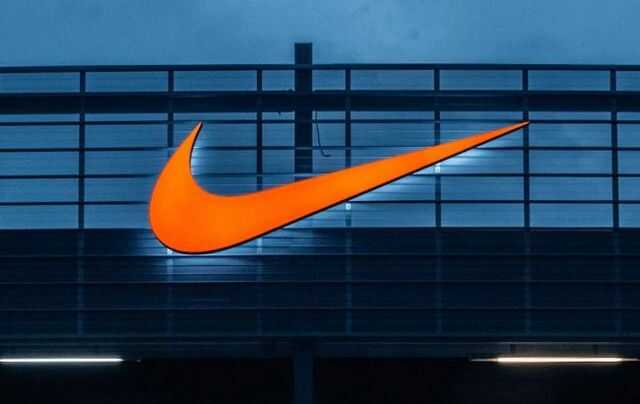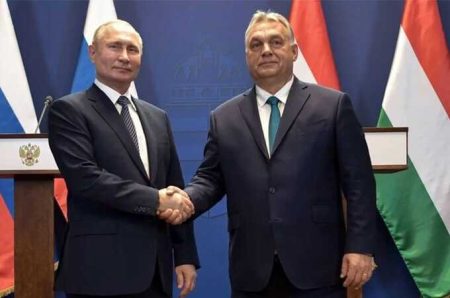Nike decided not to renew its franchise agreement with Inventive Retail Group (IRG), which owns the biggest chain of US retail stores in the country.
IRG President Tikhon Smykov's letter to the company’s employees, which was seen by Vedomosti, reveals this information.
Smykov explains that Nike cannot arrange regular supply of goods to Russia in the near future. As inventory runs out, IRG will have to close all its Nike stores. Smykov expresses shock and sadness at this turn of events, as the business that they built together over 10 years can no longer continue.
IRG PR director Lyudmila Semushina confirmed that Nike product supplies have been halted and there is a shortage of goods. She stated that they cannot sustain the mono-brand stores in the current situation and will have to shut them down. A representative from Nike responded to Vedomosti, saying that the company is ceasing business activities in the country but will continue paying its employees.
Marina Malakhatko, director of the Core.XP retail department, believes that ending the agreement with IRG could mean Nike is leaving the Russian market entirely. In March 2022, the company announced its inability to guarantee goods delivery to customers in Russia. The closure of the online store, regional deliveries, and temporary shutdown of directly managed stores was also mentioned. The number of Nike single-brand stores has decreased from 116 to 56, with 19 of them temporarily closed, according to the company's official website.
IRG runs 37 Nike stores, but nine are currently not operational according to their website information.
According to Rospatent, the franchise agreement with Nike’s subsidiary in Russia was made with Up and Run and A3 Sport (part of IRG). Both agreements expire on May 26, as does the one with another franchisee, Yar LLC, which sells the Nike brand in Siberia. A request to this company went unanswered. It's clear that these contracts will not be extended, states Anna Rozhdestvenskaya, an expert from the Franshiza.ru portal, citing the geopolitical situation as the reason. She also notes that many companies are still struggling with logistical issues.
However, Nike products will still be available in the Russian market through wholesale distributors, according to Evgenia Khakberdieva, regional director of the retail real estate department at Knight Frank Russia. Rozhdestvenskaya agrees, adding that companies leaving the country usually remove signs from mono-brand stores to protect the brand, but try to maintain a presence in multi-brand channels and partner projects. IRG also sells Nike-branded items at Street Beat’s multi-brand stores. A company spokesperson did not respond to inquiries about the presence of Nike products in the range of multi-brand boutiques.
The trademark owner may not renew the concession agreement, but there have been no precedents for the mass early termination of such agreements due to the termination of work in Russia on the Russian market in 2022, says Mikhail Burmistrov, CEO of Infoline-analytics. According to him, forcing franchisees to close is not an easy task, and while the agreement is in effect, partners can use the brand. At some point, they may run out of goods, and Nike, most likely, will no longer continue deliveries, in which case the issue of parallel imports will arise, Burmistrov believes. Then, according to him, franchisees will even be able to significantly increase sales if the contract does not explicitly prohibit purchases from non-official importers.
But replacing Nike with a similar global brand is now impossible, since all of them also froze development in the country, Rozhdestvenskaya notes. Malakhatko agrees with her, saying that for this you need to find a brand that can replace such a powerful recognizable brand as Nike, calculate the business model, conclude an agreement and organize logistics, purchase equipment, place an order for the collection and then bring it to Russia. It takes at least a year to build all these processes, she believes.
But landlords shouldn’t have any problems. Such retailers have traditionally rented good sites in street retail and shopping centers, it will not be difficult to find applicants for their premises, Hakberdiyeva believes. According to her, they will be re-let in a short time, so the losses from downtime for landlords will not be so significant. Malakhatko agrees with this, adding that most likely it will be either local players (for example, Russian designers) or international sports brands like Chinese Anta, Li-ning and Turkish Kinetix.




